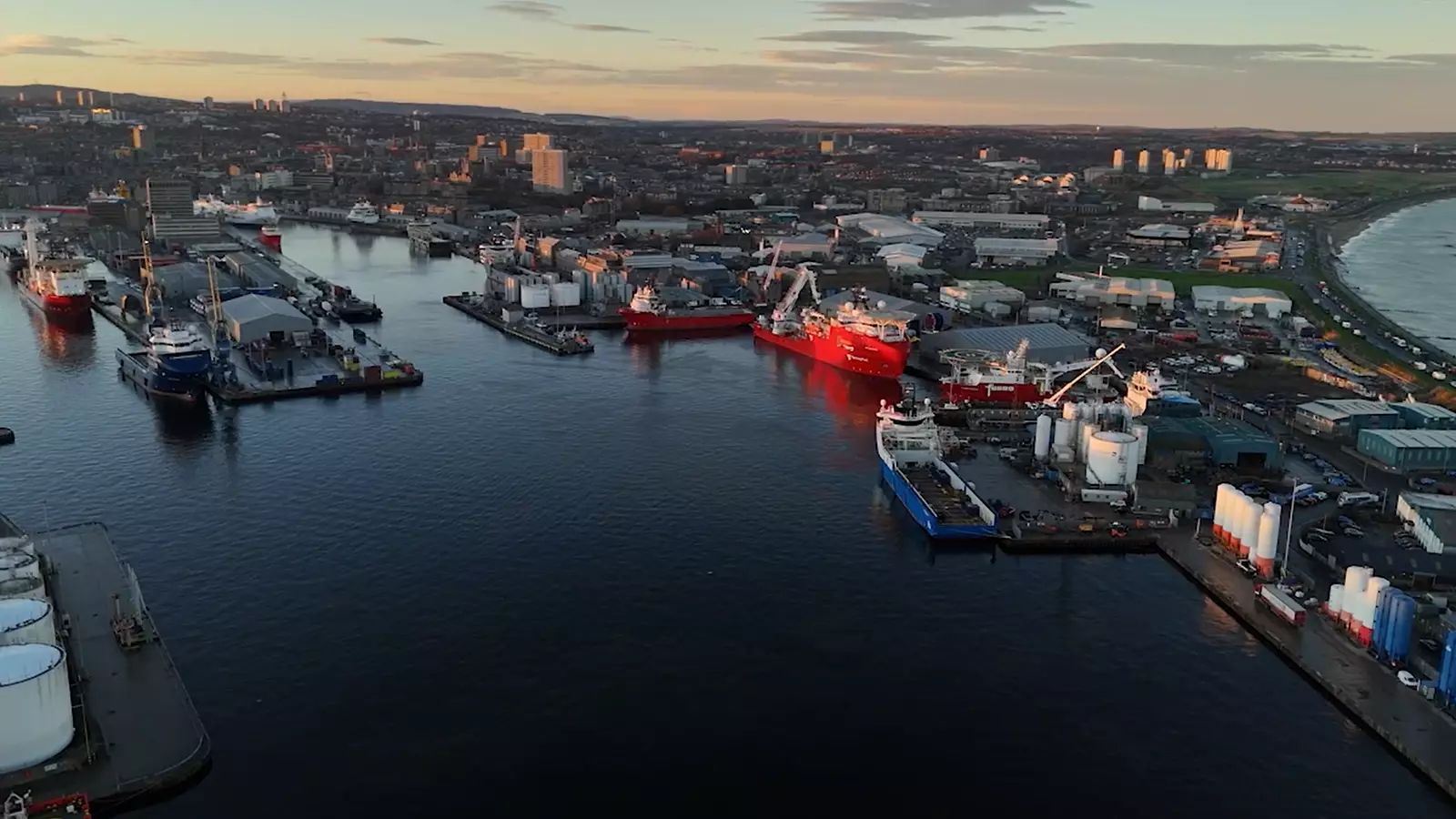In an era where transitioning to sustainable energy is not just a luxury but a necessity, the recent commitments made by the Labour government in the UK regarding GB Energy have sparked both hope and skepticism. Sir Keir Starmer’s ambitious promise to establish 1,000 jobs in Aberdeen through this government-backed initiative has set high expectations. However, the insights shared by Juergen Maier, newly appointed chairman of GB Energy, reveal a complex and potentially lengthy path toward fulfilling this pledge.
Juergen Maier’s comments about the intricate and long-term nature of the GB Energy project raise crucial questions about the reality of renewable energy advancements. While the promise to cut consumer energy bills by up to £300 is enticing, Maier’s assertion that the company could take 20 years to create a significant number of jobs puts this commitment into perspective. This situation underscores the inherent challenges in the energy sector, where initiatives that may appear straightforward often involve extensive planning and development phases.
Energy projects, particularly those focused on renewable sources, require time for infrastructure development, technological advancement, and market integration. The lack of a clear timeline for when these efficiencies and job creations will materialize creates uncertainty not only for prospective employees but also for businesses and investors looking to engage with this new venture.
Aberdeen’s Uneasy Transition from Oil and Gas
The mood in Aberdeen is palpable. With approximately 50,000 workers currently employed in the oil and gas sector, many of them are apprehensive about the shift to renewable energy jobs. As highlighted by the Aberdeen and Grampian Chamber of Commerce’s chief executive Russell Borthwick, there’s a pressing need for quick wins to bolster confidence in the region’s economic transition.
The deep-rooted ties of the Aberdeen workforce to the oil industry create a unique set of challenges. Unlike other regions that may have more diversified job landscapes, the local economy is significantly reliant on oil and gas. This narrow focus raises worries about the potential for job losses if the transition is not managed efficiently or if GB Energy does not deliver on its promises.
The Labour government’s ambitious plans for GB Energy must be dissected through a political lens. While the potential of job creation and energy cost reductions is commendable, the execution remains the crux of these promises. Michael Shanks, the Energy Minister, who maintains that the UK government is committed to creating over 1,000 jobs, must reconcile these ambitions with the palpable anxiety felt by workers in the Northeast.
Union leaders have voiced significant concerns regarding the ambitious rhetoric surrounding GB Energy. The potential disconnect between promises and actual job creation could have dire consequences. Unite’s Scottish Secretary, Derek Thomson, emphasizes the risk of over-promising, suggesting that should GB Energy fail to meet its goals, the resulting impact on the Northeast could be detrimental. The sentiment echoes a broader concern about transitioning economies and the social responsibilities borne by new energy initiatives.
If GB Energy is to navigate the tumultuous waters of public expectations and labor market shifts successfully, a robust and scripted strategy is necessary. As Richard Hardy from the Prospect union aptly points out, the risk of inadequate planning must be addressed head-on. The workforce, many of whom are leaving jobs in dwindling oil sectors, deserves a structured plan that offers tangible opportunities and a defined path toward a more sustainable future.
This strategy must not only outline the incremental job creation milestones but also specify the types of roles that will emerge in the green economy. Establishing a clear connection between policy intentions and actionable results will be key to minimizing both economic and social crises in regions like Aberdeen, which are facing existential challenges during this transition.
While the ambitious goals set forth by the Labour government’s GB Energy initiative signal a hopeful future, the path forward is beset with uncertainties. As stakeholders await the tangible impacts of this multi-decade project, maintaining transparency, flexibility, and adaptability will be paramount. Ultimately, balancing political aspiration with economic reality and workforce needs will determine whether GB Energy can not only fulfill promises but also thrive in the critical journey toward a sustainable energy future.


Leave a Reply